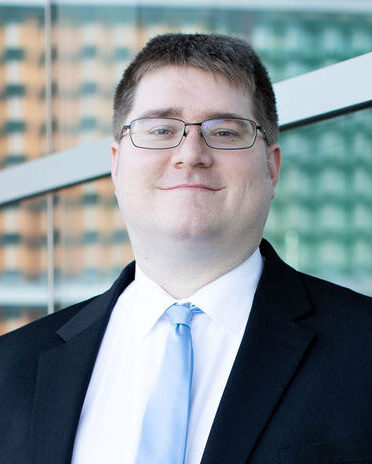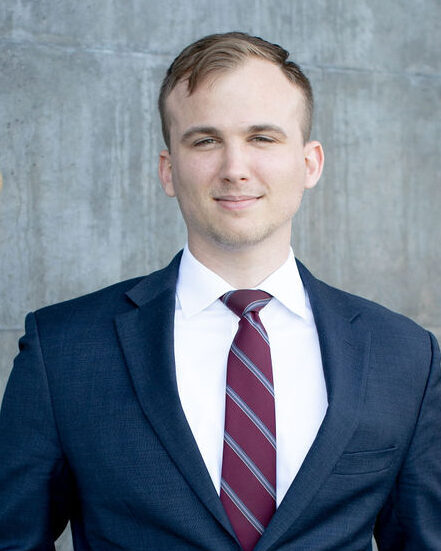Arizona Supreme Court addresses intervening and superseding cause in dram shop action
Leave a CommentIn Torres v. JAI Dining Services (Phoenix) Inc., the Arizona Supreme Court ruled that a business that serves a person alcohol may still be liable for any injuries that person causes while under the influence, even if he initially makes it home first. The case involved a man who had been served alcohol at an adult establishment for hours until 2:30 AM. He left the establishment, operating by defendant JAI, and made it all the way home to “chill out for a little bit and sober up.” Still intoxicated a few hours later, he left his home and crashed his car into another vehicle, killing two people. The families of the deceased sued JAI for over-serving the intoxicated man, but JAI argued that, since the man made it home first, his decision to drive again was an intervening and superseding cause of the decedents’ deaths as a matter of law, thereby relieving JAI of liability.
At trial, the court denied JAI’s motion for judgment as a matter of law on intervening and superseding cause and instructed the jury on the issue. The jury ultimately returned a verdict in the plaintiffs’ favor on their common law negligence and dram shop liability claims, and in JAI’s favor on the plaintiffs’ statutory negligence claim. JAI appealed and the Arizona Court of Appeals reversed the judgment against JAI, holding the trial court erred by not entering judgment in JAI’s favor as a matter of law, reasoning “that the risk created by a liquor licensee overseeing a patron is that the patron ‘may be unable to return to his or her home or other place of repose safely.'” The Court of Appeals held that once the man reached his residence and went to bed, his decision to leave in his truck was an intervening and superseding cause, breaking the chain of causation.
The Supreme Court of Arizona vacated the Court of Appeals’ opinion and rejected JAI’s argument. The Court reasoned that “[t]he foreseeable risk that an intoxicated person might drive and cause an accident that injures or kills someone does not vanish solely because the patron initially returns home.” The Court explained that “intoxicated people frequently make foolhardy decisions, including refusing to stay put and sober up before getting behind the wheel.” Therefore, it remained foreseeable that the patron in this case would cause an accident at some point while under the influence of the alcohol served by Defendant. As a result, a bar or restaurant that over-serves a person may still be liable for any injuries that person causes while under the influence, even if they make it all the way home first.

